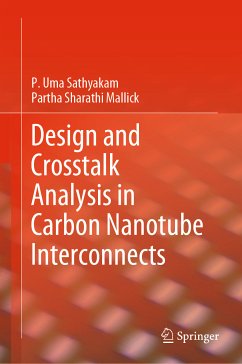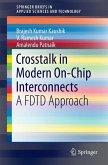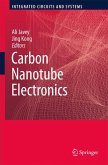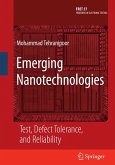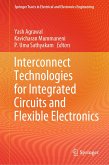This book provides a single-source reference on carbon nanotubes for interconnect applications. It presents the recent advances in modelling and challenges of carbon nanotube (CNT)-based VLSI interconnects. Starting with a background of carbon nanotubes and interconnects, this book details various aspects of CNT interconnect models, the design metrics of CNT interconnects, crosstalk analysis of recently proposed CNT interconnect structures, and geometries. Various topics covered include the use of semiconducting CNTs around metallic CNTs, CNT interconnects with air gaps, use of emerging ultra low-k materials and their integration with CNT interconnects, and geometry-based crosstalk reduction techniques. This book will be useful for researchers and design engineers working on carbon nanotubes for interconnects for both 2D and 3D integrated circuits.
Dieser Download kann aus rechtlichen Gründen nur mit Rechnungsadresse in A, B, BG, CY, CZ, D, DK, EW, E, FIN, F, GR, HR, H, IRL, I, LT, L, LR, M, NL, PL, P, R, S, SLO, SK ausgeliefert werden.

